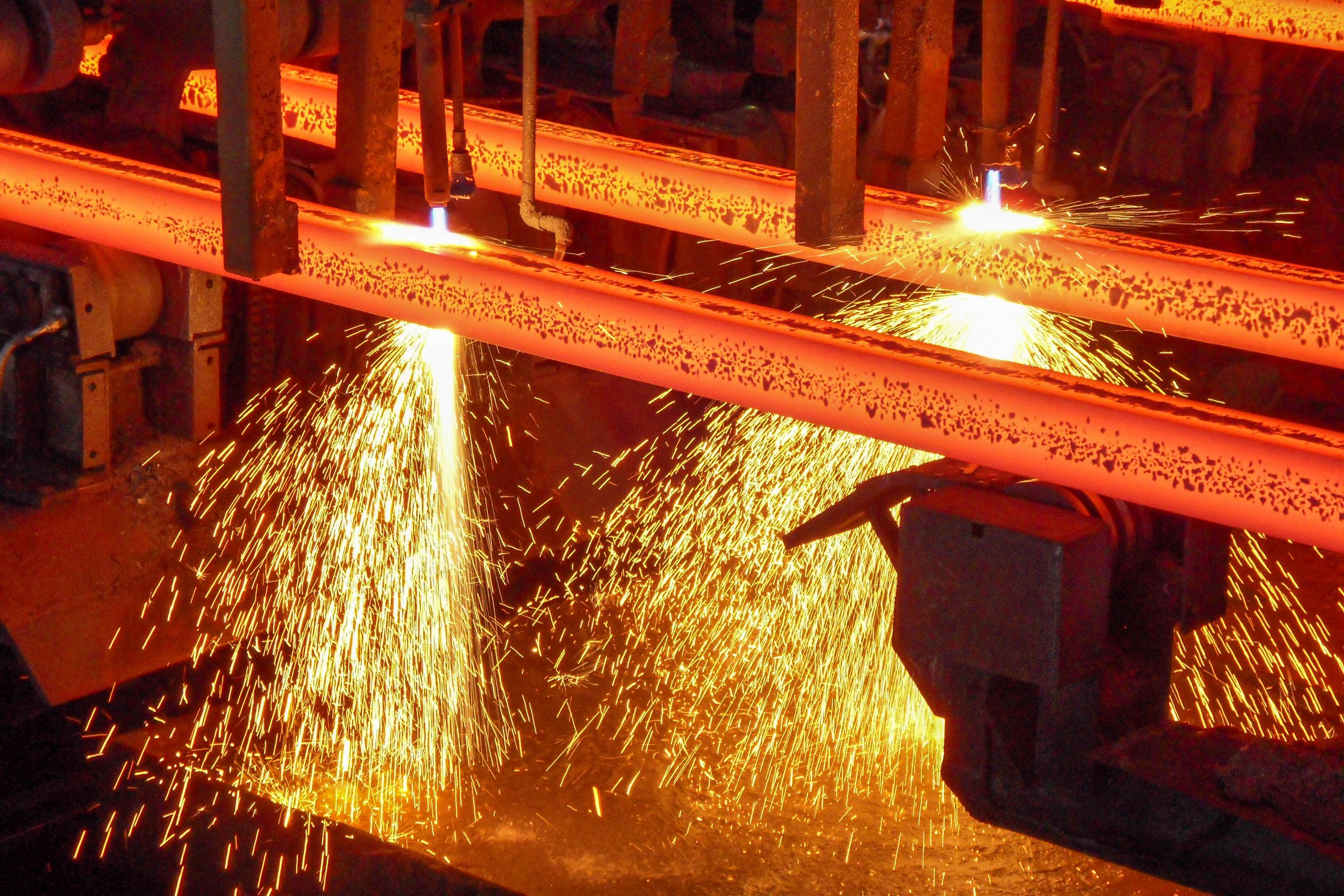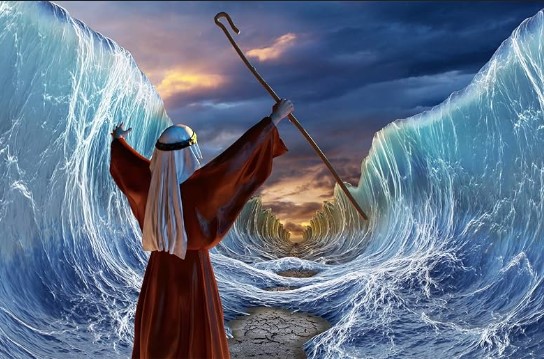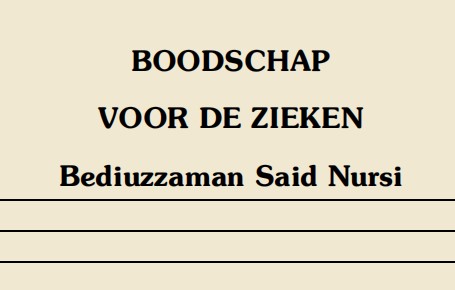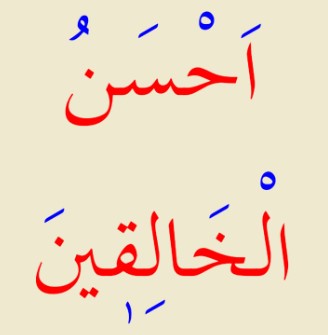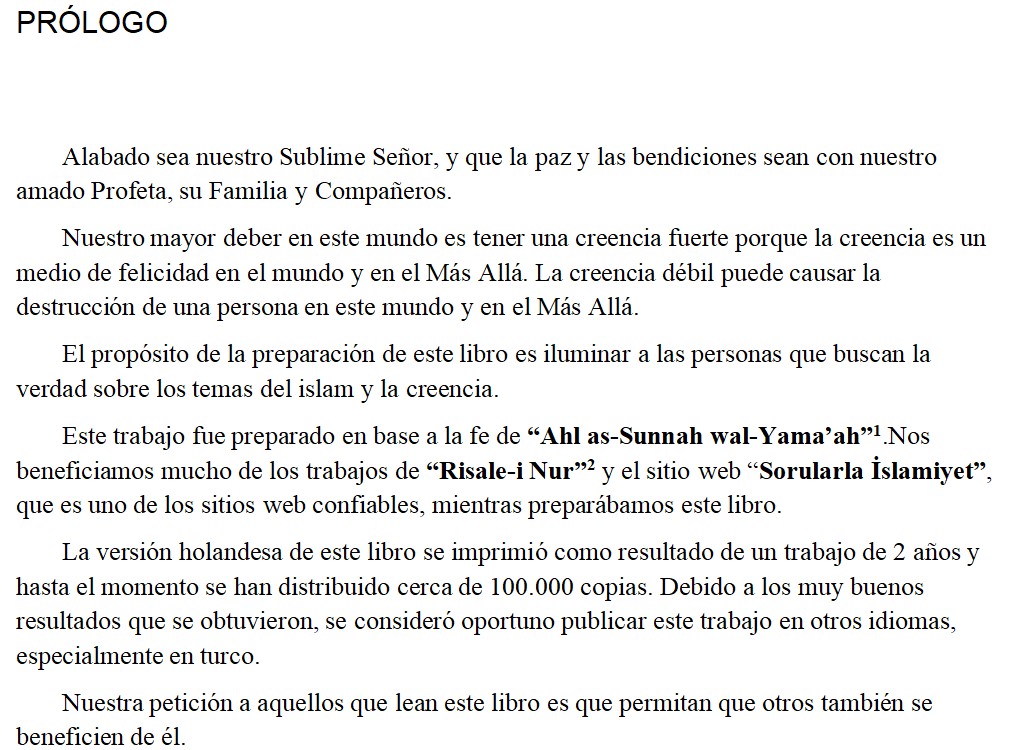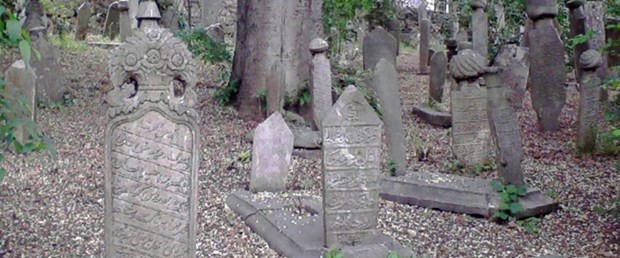
Is there blessing in the grave?
We call the realm that is the first stop of the hereafter and where everyone goes without exception after death “the realm of the grave or the realm of barzakh” (1). Everybody will definitely experience life in the grave whether he is buried in the ground, is drowned, remains at the bottom of the sea, is in the belly of a predatory animal, or gets burned and his ashes fly.
There are some verses and hadiths showing the existence of punishment and blessing in the grave. The following is stated in a verse of the Quran;
“In front of the Fire will they be brought, morning and evening: And (the sentence will be) on the Day that Judgment will be established: “Cast ye the People of Pharaoh into the severest Penalty.” (2)
The first part of the verse states that Pharaoh and his men are tormented by fire before the Doomsday strikes and the second part mentions the torment of Hell after Doomsday. The torment before the Day of Judgment is clearly the punishment in the grave.
The Quran states the following regarding the life of martyrs (3) in the grave:
“Think not of those who are slain in Allah’s way as dead. Nay, they live, finding their sustenance in the presence of their Lord.” (4)
The verses above are among the proofs of life and blessings in the grave. Martyrs wander freely in their graves. They do not know that they are dead.
The Prophet (pbuh) says, “A martyr does not feel the pain of death.” (5)
Many hadiths are mentioned in the hadith books about the torment in the grave. A few of them are as follows:
“The grave is either a garden from the gardens of Paradise or a pit from the pits of Hell.” (6)
“When the dead person is put in his grave and his companions return and he even hears their footsteps, two angels come to him and make him sit and ask, ‘What do you say about Muhammad?’ The believer will say, 'I testify that he is Allah's slave and Messenger.’ Then, they will give him the glad tiding that his place in Hell was replaced by a place in Paradise.
When Munkar and Nakir ask the hypocrite and unbeliever, “What do you say about Muhammad?”, they will give the following answer: “I don’t know. I used to say what the people used to say.” Punishment is started for them. Creatures other than humans and jinn will hear the cries of unbelievers and hypocrites.” (7)
While the Prophet was passing by a graveyard, he saw that the dead people in two graves were suffering due to some minor things. One of the dead in these two graves was a talebearer, and the other did not avoid urine. Thereupon, the Messenger of Allah took a fresh branch, divided it into two, and planted each piece in the two graves one by one. When the Companions who saw it asked why he did so, he said, “As long as these two branches do not wither, it is hoped that the torment they are suffering will be alleviated.” (8)
There are many more sound hadiths about the torment and blessing in the grave.
Will the torment in the grave be only for the spirit or the body?
Body and soul are like light bulbs and electricity. When the light bulb breaks, electricity does not vanish; it continues to exist. We do not see it but we believe that electricity is still present. Similarly, when a person dies, the spirit leaves the body but it continues to exist. Allah will clothe the spirit with a suitable and nice garment in the grave just as He clothed the spirit in this world, and the soul will be rewarded or punished in this new garment.
We understand from the narrations that every spirit has a connection with its grave but it does not mean that they are in the corpses in the ground. It is a completely different realm.
As a matter of fact, although the sun is very high, it has a connection with the mirror next to us with its light, heat and colors. However, the sun is not in the mirror, it is very high.
Nur Way
(1) Realm of Barzakh: It is the realm where the spirits of those who die after death go and stay until the Day of Judgment. It is also known as the realm of the grave.
(2) Al-Qur’an, 40/46.
(3) Shahid (Martyr): The Muslims who sacrifice their lives in the way of Allah are called martyrs. The value of martyrs in the eye of Allah is very high. It is stated that the highest rank in the Hereafter after prophethood is martyrdom. Therefore, all the sins and faults of the martyrs are forgiven by Allah.
(4) Al-Qur’an, 3/169.
(5) Hadith, Tirmidhi, Jihad, 6; Nasai, Jihad, 35; Ibn Majah, Jihad, 16; Darimi, Jihad, 7.
(6) Hadith, Tirmidhi, Qiyamah, 26.
(7) Hadith, Bukhari, Janaiz, 87; Muslim, Jannah, 17.
(8) Hadith, Bukhari Janaiz, 82; Muslim, Iman, 34; Abu Dawud, Taharah, 26.

